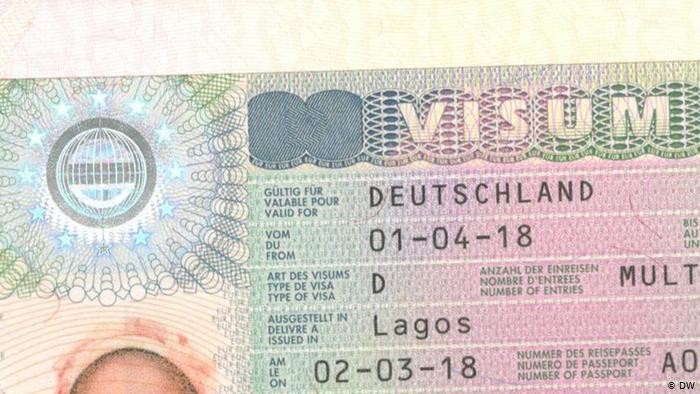The German parliament passed an immigration law, designed to encourage more people from outside the European Union, including Nigeria, to come to Germany for work.
According to Interior Minister of Social Democrats (SPD), Nancy Faeser, the draft law secures prosperity in Germany. She said “Like many countries in Europe, Germany is facing a shortage of skilled workers. In 2022, the country’s labour shortage rose to an all-time high: the Institute for Employment Research (IAB) found 1.74 million vacant positions throughout Germany.
Together with Federal Chancellor Olaf Scholz, she emphasised removing Bureaucracy and improving the Digitisation and Efficiency of the system, according to Euro News.
“We know that we can only guarantee our future, the efficiency of our economy and the efficiency of our social security systems if we have enough skilled workers at our disposal,” said Scholz. “From within the European Union, that’s not so difficult, because there is freedom of movement. With regard to the rest of the world, it is a greater challenge,” he added.
From the fifteen points raised, here are five key things to know about how the law opens job opportunities for Nigerians and other nationals:
1. According to Euro News, the reforms are to modernise the country’s immigration legislation expected to make it easier for third-country nationals to work in Germany. It could increase the number of non-EU workers in Germany by 60,000 per year.
2. The reforms to the Skilled Immigration Act, particularly focus on workers with vocational, non-academic training. Existing rules for qualified professionals with university degrees will also be relaxed.
3. Germany is hoping to combat its shortage of skilled workers with a new ‘opportunity card’ called chancenkarte. The ‘chancenkarte’ will use a points system to enable workers with required skills to come to Germany more easily.
4. The points-based system will take into account qualifications, professional experience, age, German language skills and ties to Germany.
5. Every year, quotas will be set depending on which industries need workers. Three out of four of the following criteria must also be met to apply for the scheme: a degree or vocational training, three years’ professional experience, language skills or a previous stay in Germany and 35 years old or younger.








More Stories
Teenager in viral photo of Obi’s 2023 presidential campaign rally, Alabi Quadri languishes in jail
Ribadu tells families of kidnapped victims not to pay any ransom
Ozigbo rejects Anambra APC guber primary, calls it a theft